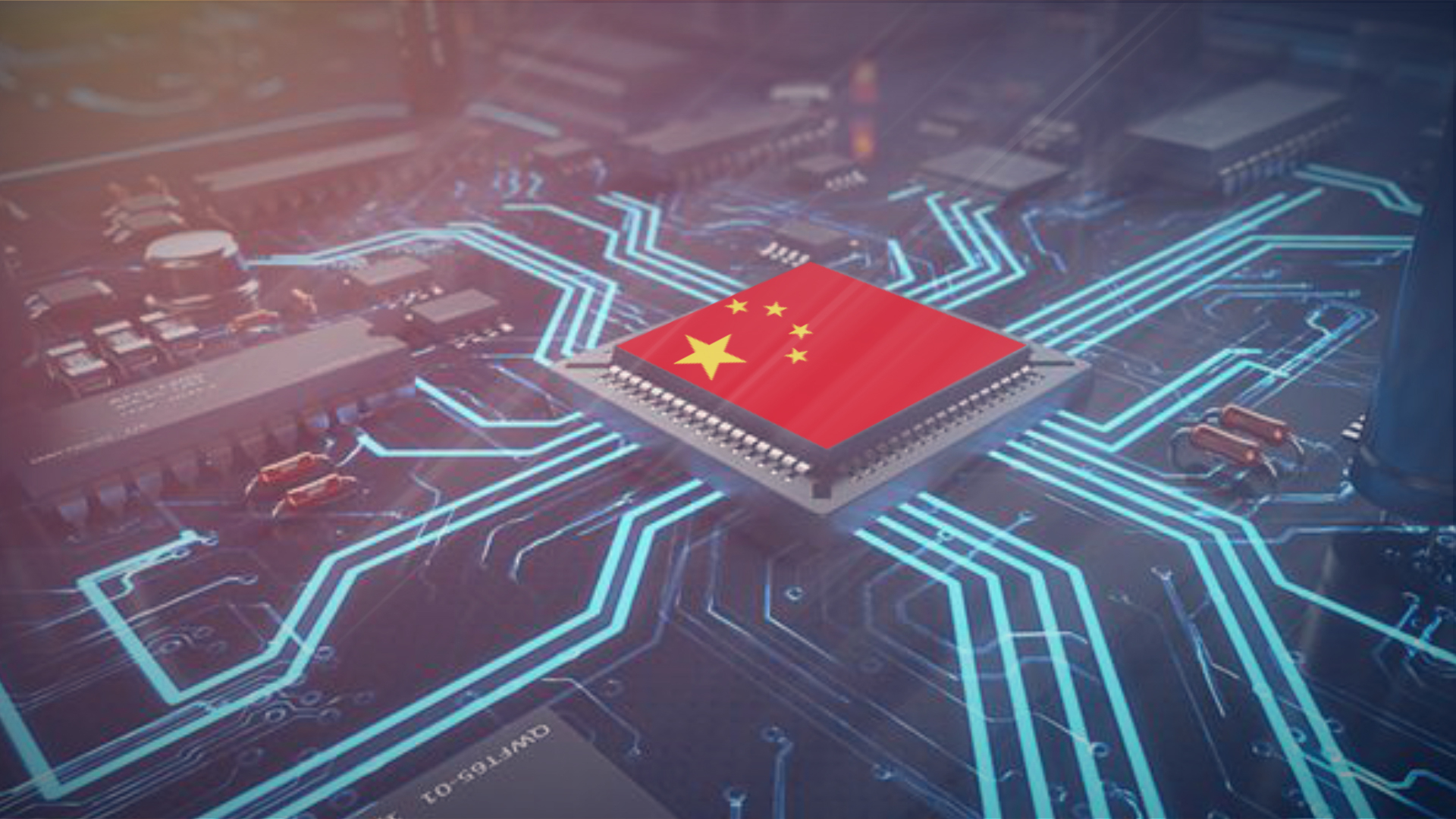

As China-U.S. relations enter a complicated phase, the technology, especially the semiconductor industry, is becoming one of the main focuses of this long-running battle. China, as one of the world's leading purchasers of semiconductors, is ramping up its chip industry to catch up with global peers and reduce its reliance on foreign technologies.
The 2019 Jiwei Semiconductor Summit, one of the top events in China's chip industry, was held in Xiamen on July. With the theme of "new start, new journey," the summit set an optimistic tone towards China's chip industry in the near future.
Michael Chen, managing director of Hina Group, elaborated on the significance of semiconductor industry to daily life and the economy. He explained that IT industry occupies a big portion of our GDP structure and it's the foundation of many other industries such as military, aviation, communications and social networks. The foundation of IT is integrated circuits and chips.
"Without semiconductors, you don't have IT, you don't have the modernization of life," said Chen.
In regard to China's capability to close the gap with the U.S. and deliver a parallel market in the chip industry, Professor Chen Chunzhang from the University of Chinese Academy of Sciences acknowledged the progress China has made in advanced technology but also pinpointed that people in the tech sector are more conservative and would never say they are fully prepared.
Professor Chen indicated that to be perfectly competitive with the U.S. in the high-tech market, China is ready in certain parts of the area but not in every area. One example he mentioned was the reserve of talents. He thought we need at least 750,000, if not one million, electronic engineers devoted to the cause.
Michael Chen recognized the current rivalry nature of China and the U.S. in the tech industry including the chip-making area, but he emphasized that the semiconductor business is a global industry in which collaboration and openness are critical. Healthy competition in one ecosystem is preferred over creating hostile parallel systems and markets.
"Parallel to me is no common ground, it means incompatibility, it means war, it means fragmented markets," said Chen. "Collaboration and openness, these two mean prosperity and peace. This is the only way for the whole world, good for the whole world."
Professor Chen thought parallel systems can be used during the development phase, but the world needs global collaboration.
"Parallel is a strategy, it's a technology, but not the solution," he concluded.
(If you want to contribute and have specific expertise, please contact us at opinions@cgtn.com.)

Copyright © 2018 CGTN. Beijing ICP prepared NO.16065310-3
Copyright © 2018 CGTN. Beijing ICP prepared NO.16065310-3